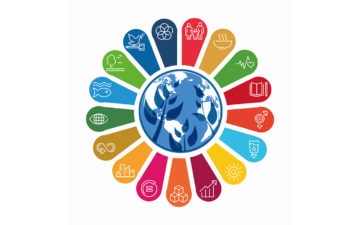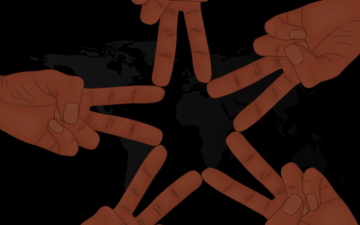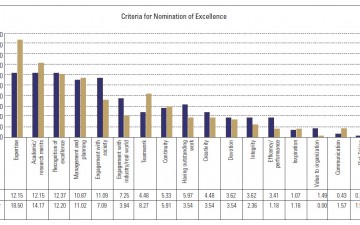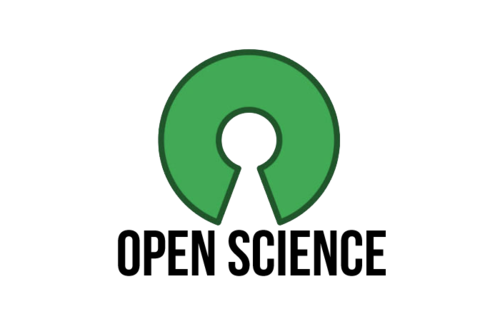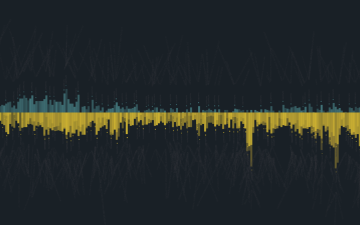Country of Residence
Discipline(s)
GYA Roles
Institution
University of Mississippi
Biology
Research Interests
Climate change; biodiversity; Anthropocene; conservation; ecology; herpetology
STEM policy; intersectionality; underrepresented groups; academic environment
Biography
I am a permanent professor at the Graduate Program in Ecology of the Federal University of Bahia, Brazil, and a collaborator professor at the Zoology Graduate Program of the State University of Santa Cruz, Ilhéus, Brazil. I am currently working as a postdoctoral researcher at the University of Mississippi. I am also the president of the Brazilian chapter of the Organization for Women in Science for the Developing World (OWSD), vice president of the Brazilian Association of Ecological Science and Conservation, co-founder and president of the Kunhã Asé Network of Women in Science and a council member of the European Society of Evolutionary Biology. I earned my PhD in Ecology and Evolution at the State University of Rio de Janeiro in 2019, my master’s degree in Zoology/Evolution at the Federal University of Pará in association with the Emilio Goeldi Paraense Museum in 2017, and my bachelor’s degree in Zoology at Federal University of Rio de Janeiro in 2014. I coordinate the Laboratory of (Bio)Diversity in the Anthropocene, where I mentor over 50 students, from undergraduate to PhD, and develop activities under three major lines of research: the first focused on the impacts of global changes on natural and human systems; the second focused on science diplomacy and governance, and the third focused on ethnobiology and transdisciplinarity for developing solutions for environmental problems.
Activities
